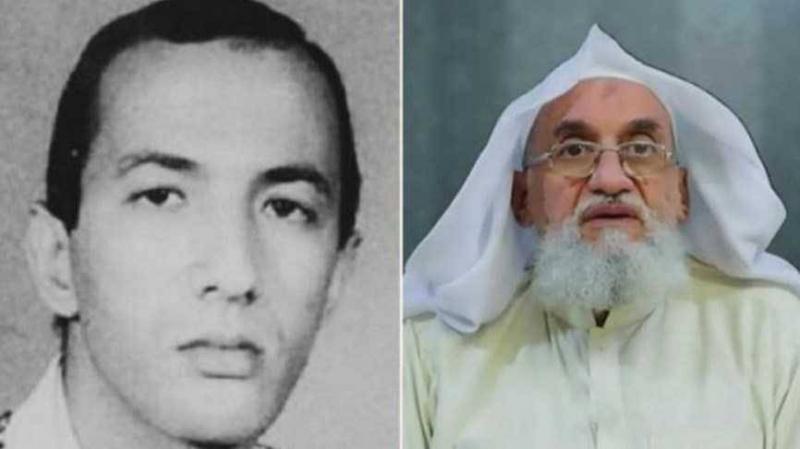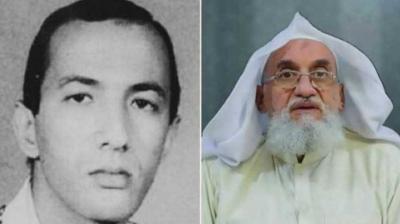After U.S. President Joe Biden confirmed on Wednesday the death of al-Qaeda leader Ayman al-Zawahiri, speculation arose regarding his successor. The name that has resurfaced is that of the Egyptian terrorist known as Saif al-Adl, nicknamed "Sword of Revenge," who resides in Iran and is considered a potential successor to al-Zawahiri as the leader of al-Qaeda. Saif al-Adl’s name gained widespread attention when rumors of al-Zawahiri's death circulated, which he denied multiple times until his death was confirmed following a U.S. strike in Kabul.
The "Daily Mail" reported details about the potential new leader of the organization, confirming that he "has vowed to restore the organization to its former glory as in the days of its late leader Osama bin Laden." Saif al-Adl is among the most wanted individuals, with various intelligence agencies in both the United Kingdom and the United States pursuing him, having placed a $10 million reward for information leading to his capture. A British terrorism expert believes that compared to al-Zawahiri, Saif may be more effective, even more so than Osama bin Laden.
Saif al-Adl has been involved in al-Qaeda's activities for approximately 30 years, and a reward of £7.5 million has been offered for his capture following the 1998 U.S. embassy bombings in Nairobi and Dar es Salaam, which resulted in 224 deaths. He was also a key member of bin Laden's direct protection unit in Afghanistan, dubbed the "Black Guard." A source described the potential new leader of al-Qaeda by stating: "The killing of civilians did not elicit any sense of guilt from him." Reports indicate that "the dangerous new leader seeks to establish relationships with ISIS, Iran, and the Taliban of Afghanistan."
Colonel Richard Kemp, who has been monitoring Saif for the British government for nearly 20 years, stated: "There is cooperation among groups like these, but Saif is respected to the extent that he could foster greater collaboration or even integration." Kemp previously confirmed that the "potential new leader could make al-Qaeda a significantly more effective organization than it has been in recent years." The death of bin Laden in a U.S. operation in 2011 left the group in the hands of al-Zawahiri, who lacked the charisma of bin Laden and his ability to rally extremists worldwide.
The U.S. government noted that "the killing of Hamza, bin Laden's son, also removed a man seen as a potential heir to al-Qaeda's leadership." The organization has spawned numerous groups around the world that bear its name, including in the African Sahel, Pakistan, as well as in Somalia and Yemen.




